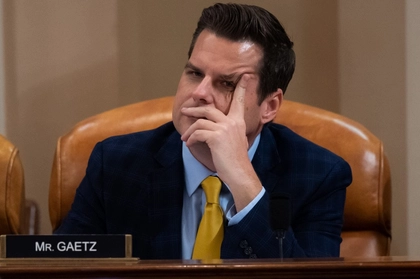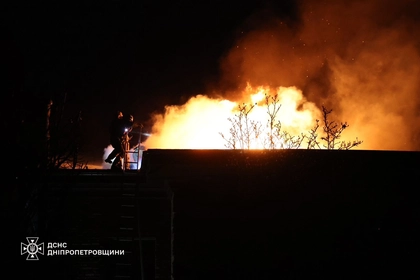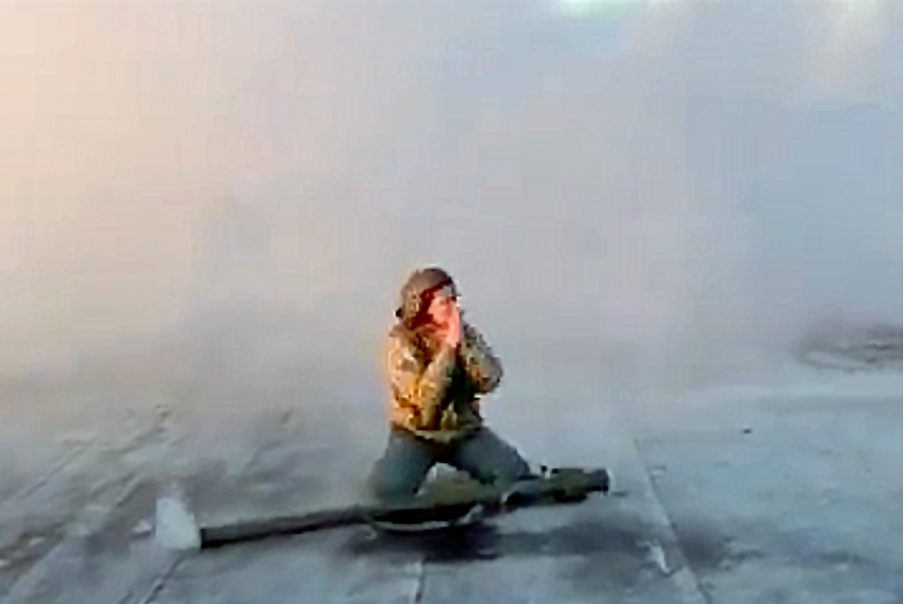The deployment of North Korean troops to help Russia in its war against Ukraine is unlikely to have a significant impact on the fighting on the ground but could affect security interests in Asia, Europe, and elsewhere, analysts said.
Growing military ties between Moscow and Pyongyang are a major concern for Washington and Brussels as Russian leader Vladimir Putin presses ahead with his efforts to build an anti-Western alliance.
JOIN US ON TELEGRAM
Follow our coverage of the war on the @Kyivpost_official.
"The conflict is becoming international," said Pascal Dayez-Burgeon, a North Korea expert and former French diplomat in Seoul.
But while he said he understood Western concerns about the risk of the possible expansion of the war, now in its third year, he downplayed any immediate threat to the global security architecture.
"In reality, I find it hard to see North Korea presenting a threat of escalation," he said, calling the North a "small dictatorship."
On Friday, Ukrainian President Volodymyr Zelensky warned that Russia was planning to send North Korean troops into battle against his country as early as Sunday. He has claimed North Korea is training 10,000 soldiers to support Russia.
South Korea, NATO and the United States claim thousands of North Korean troops are already training in Russia.
On Thursday, Russian lawmakers voted unanimously to ratify a treaty with North Korea that provides for "mutual assistance" if either party faces aggression. South Korea warned it "won't sit idle" over the North's deployment of troops.

Revolution of Dignity: How It Happened. A Participant’s Story
'No Triple Alliance'
"We are no longer in a conflict between Russia and Ukraine, but between Russia, North Korea and Ukraine," said Marie Dumoulin of the European Council on Foreign Relations (ECFR).
But analysts said it was unclear how North Korean troops will be used in what has become Russia's war of attrition against Ukraine, adding the North's forces do not have combat experience.
"I don't think that sending a few thousand North Korean troops, whose level of training we don't know, will make much difference on the battlefield in operational terms," said Dumoulin.
"In any case, 10,000 soldiers is not that many," added Isabelle Facon from the France-based Foundation of Strategic Research.
Russia has a long history of ties with the Stalinist state. Moscow and the North have drawn closer since the invasion of Ukraine in 2022, with Seoul and Washington claiming North Korea has been sending weapons for use in the conflict.
Analysts say the new "strategic partnership" between Moscow and Pyongyang is in line with Putin's efforts to reshape the global security architecture and build an alliance to undermine the dominance of the United States.
This week Putin hosted around 20 leaders including Chinese President Xi Jinping and Indian Prime Minister Narendra Modi at the BRICS summit, the largest diplomatic event in Russia since Putin invaded Ukraine.
But experts said they did not believe China and Iran would become directly involved in Ukraine.
"There is no Triple Alliance or Triple Entente," said Dayez-Burgeon, referring to power blocs before the outbreak of World War I in 1914.
"That would certainly be the case if China or Iran were to enter the conflict, but that's just not the case," he said, adding China's focus is on Taiwan and Iran has vital interests in the Middle East.
Security on Korean Peninsula
But if the two Koreas become involved in Ukraine this would affect security on the Korean Peninsula, analysts said. Seoul has suggested it could revise its longstanding policy that prevents sending weapons directly to Ukraine.
"The Ukrainian theatre risks becoming the first direct test of opposing Korean military capabilities since the 1953 Armistice," wrote Darcie Draudt-Vejares, a Korea expert at the Carnegie Endowment for International Peace
"This development could fundamentally alter the security balance on the Korean Peninsula – especially if North Korea gains combat experience while testing its advanced weapons systems."
Dumoulin pointed out that under the "strategic partnership" agreement Russia could provide support to the North if tensions rise with South Korea.
Putin and North Korean leader Kim Jong Un signed the defense deal in June. Under Article 4, the two countries pledge to provide military and other assistance if one of them is attacked.
"But what and how we do so is our business," Putin said this week.
Andrew Yeo, a senior fellow at the Brookings Institution, said North Korea's support for Russia may encourage states like Iran to further strengthen ties with Moscow.
"Unlike Beijing, Moscow is ready to pursue bloc politics and embrace the idea of a new Cold War," he added.
"Russia is more isolated than China and therefore sees more benefit in rounding together non-aligned or anti-imperial countries."
You can also highlight the text and press Ctrl + Enter






